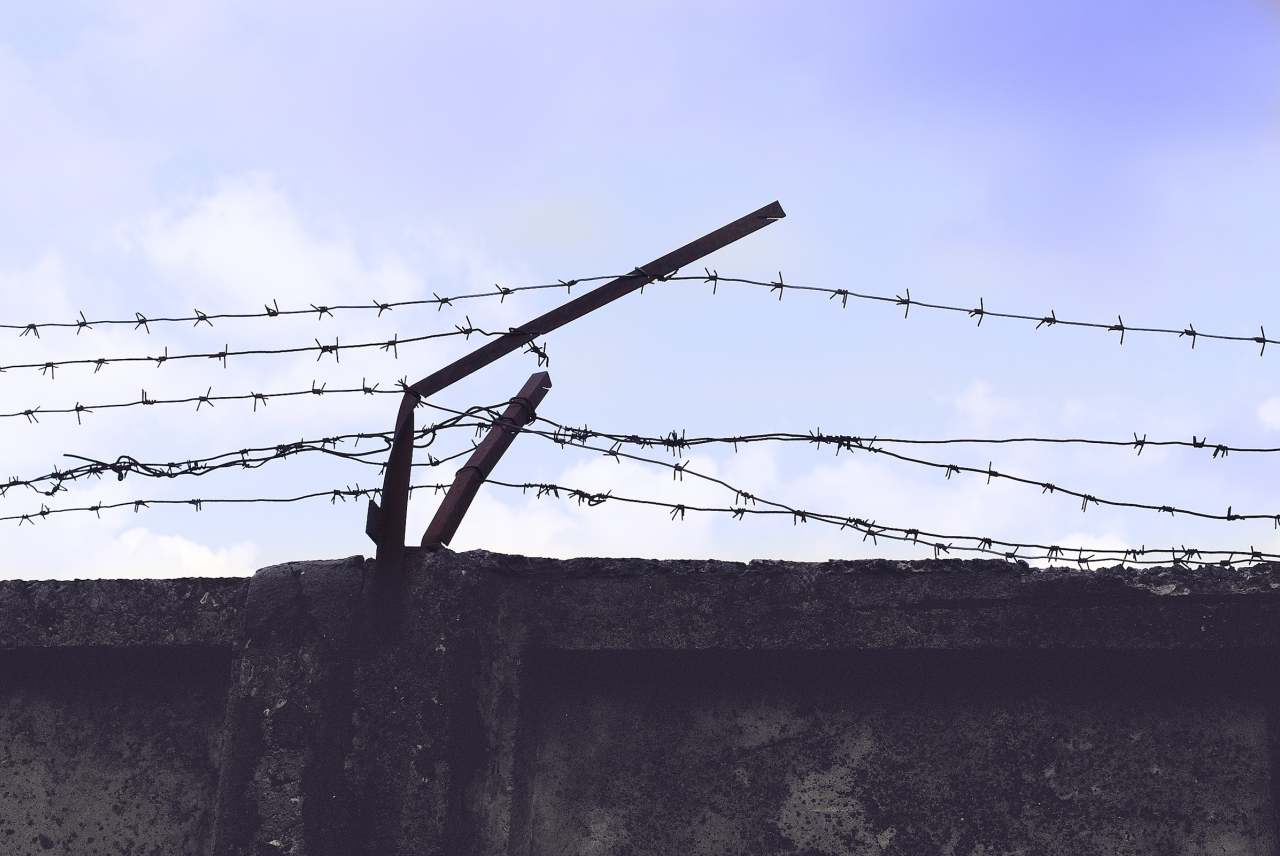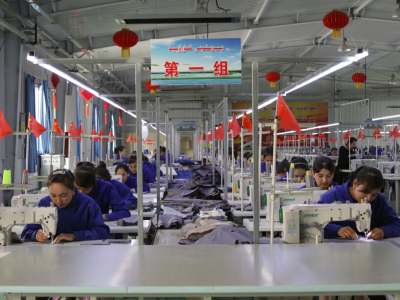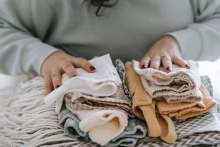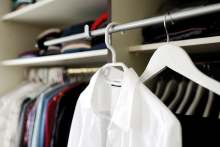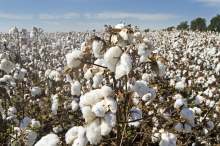A number of household brands have been named as likely benefiting from slave labour from the region over recent months including M&S, Nike and Adidas.
The Chinese government is estimated to have held between 1 to 1.8 million people in detention and forced labour camps in the region - the largest internment of an ethnic and religious minority since World War II.
At least 80,000 people have been transferred from the camps to factories across China where they cannot leave, are under constant surveillance, and must continue “ideological training” to abandon their religion and culture.
The coalition says that there is also evidence of the government using “forced labour as a means of social control” throughout the cotton-producing region.
Gulzira Auelkhan, a Kazakh woman, was detained in an internment camp before being subjected to forced labour in a factory. “The clothes factory was no different from the [internment] camp. There were police, cameras, you couldn’t go anywhere.”
Which brands are implicated?
EUFL says that “Almost every major apparel brand and retailer selling cotton products is potentially implicated.”
Almost 20% of global cotton - and 80% of Chinese cotton - is grown in the Uyghur Region. The area also has extensive yarn spinning, as well as textile and garment production. Apparel factories across China and the world use fabric and yarn produced there. While most fashion brands do not source from factories in the Uyghur Region, many of their supply chains are likely to be implicated.
Dozens of well-known brands - both in the clothing and other sectors - have already been named. In March 2020, a report by the Australian Strategic Policy Institute (ASPI) identified 83 companies implicated in possible Uyghur forced labour. It found that Amazon, Apple, Adidas, Nike, H&M and Uniqlo were among the companies directly or indirectly benefiting from the use of Uyghur workers, who had been transferred from the Uyghur Region to factories in the rest of China.
O-Film, a company manufacturing selfie-cameras for Apple, Huawei, Lenovo and Samsung, was found to have 700 Uyghur labourers who were being forced to work after being transferred from the Uyghur Region. 560 workers are also said to have been transferred to a factory for Apple’s notorious supplier Foxconn in Zhengzhou. The factory has been dubbed ‘iPhone city’ due to the quantity of iPhones it produces for the company.
The Washington Post visited a factory reported to be supplying 8 million pairs of Nike shoes annually, where it said that around 700 Uyghur peoples were being forced to work. The factory was said to have been a Nike supplier for more than 30 years.
